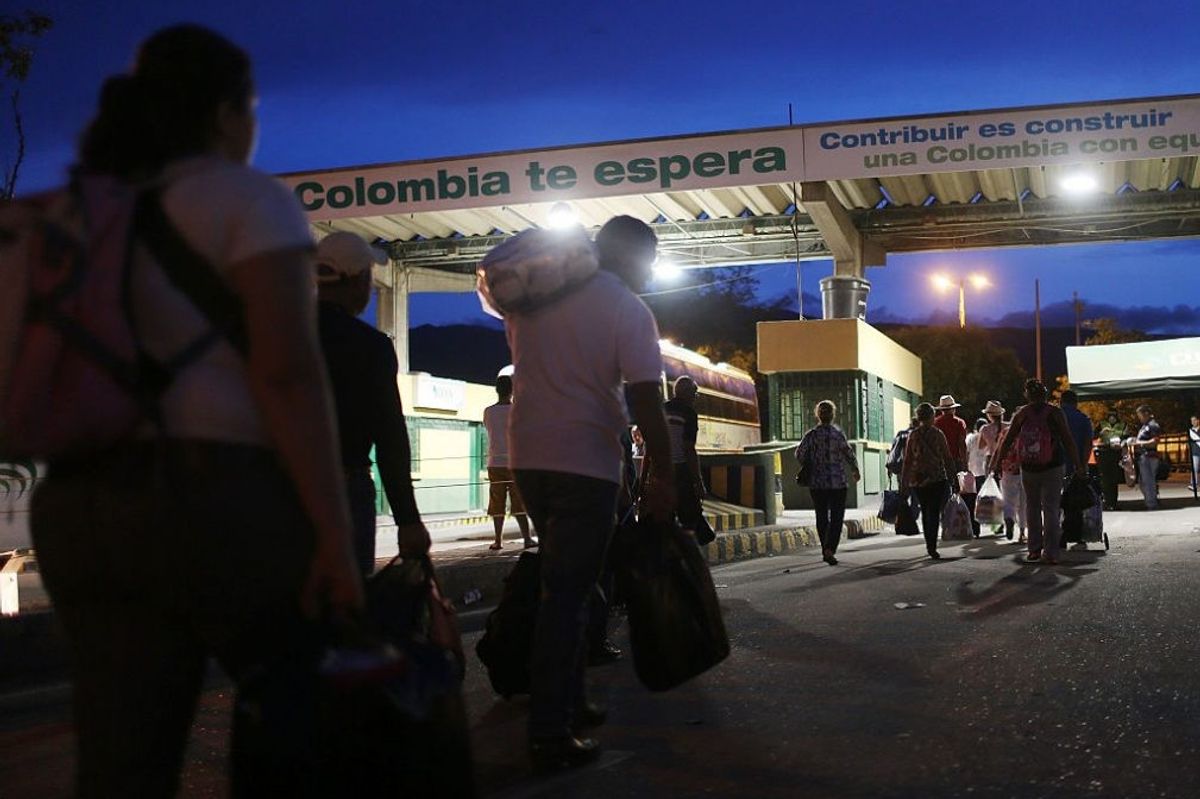The Cipher Brief discussed the political dynamics of Brazil with Phil Chicola, a former Chargé d'Affaires to Brazil from 2005 to 2006. Chicola discussed the country’s political and economic crises and offered his thoughts on what western companies can do to manage uncertainty in the near-term.
The Cipher Brief: President Dilma Rousseff is being threatened with impeachment. How has Brazil gotten to this point? What are the underlying causes of this political crisis?
Phil Chicola: Rousseff's "fall from grace" with the Brazilian public and body-politic stems from two primary causes. First, an economic crisis that has deflated Brazil's claim to having achieved its long desired status as a first class economic super power. Secondly, and perhaps most devastating to Rousseff's reputation, is an ongoing corruption scandal involving Brazil's state-managed petroleum company, Petrobras. Both crises are closely related. Brazil's economic decline is, to a large degree, due to its dependence on commodity exports and its reliance on China as its key import partner. Through a partnership with China and the other BRIC countries Brazil sought to use its economic strength as a way to achieve "major power" status. Since former President Lula came to power Brazil has often subordinated its economic interests to the creation of an alternate power bloc to the U.S. and Western Europe. Brazil granted China Most Favored Nation (MFN) status in exchange for support for Brazil’s bid to gain a permanent seat in the United Nations Security Council. MFN status led to an upsurge on Chinese manufactured goods to the detriment of local producers. Growing Chinese demand for Brazilian commodities ameliorated the short-term impact of this policy. When the commodities market collapsed, so too did Brazil’s economy, and with it, the governing party's economic management reputation.
Had the commodities market, and thus Brazil's economy, not collapsed, the Petrobras corruption scandal may not have had such a disastrous impact on Rousseff's reputation. Past scandals have shown that Brazilians are willing to tolerate corruption scandals, such as the so-called Mensalao pay-off scandal, when President Lula’s close associates were found guilty of implementing a system of payoffs to members of the national congress in exchange for their votes. The Petrobras political scandal involved a system of payoffs to Rousseff's party and her allies by private companies doing business with Petrobras. In a real sense, the Petrobras scandal was the result of using Petrobras's development of large offshore oil fields as the basis for an industrial policy. Petrobras was required to use Brazilian companies to provide equipment and services for the development of the oil fields, equipment and services often beyond their technical ability. The companies in turn paid hundreds of millions of dollars in bribes to numerous officials in the Rousseff administration and congressional allies. To make matters worse, these companies often failed to fulfill their contracts or provide an adequate level of services or useful equipment. The result led Petrobras to fall years behind schedule.
TCB: What impact would Rousseff’s impeachment have on Brazil’s economic stability and security? What are the implications if Rousseff isn’t impeached?
PC: Rousseff's impeachment is at best a long shot, unless investigators and the courts determine she was directly involved in the Petrobras payoff scheme. Should she be removed, a short euphoria would follow, but impeachment in and of itself would not resolve any of the underlying economic and political problems facing Brazil.
The economic structural problems, high business costs, difficulties registering and launching new businesses (the so-called Custo du Brasil or, the cost of Brazil), the nearly incomprehensible multilayer tax system, the over paid public work force, overgenerous retirement benefits to public workers, and a fragmented congress would remain as obstacles to economic growth. For example, despite the fact that the Brazilian real has lost nearly 50% of its value in the past 18 months, and despite the deficit having grown to over 8% of GDP, Brazil's congress has rejected most of Rousseff's efforts to reduce expenditures. Impeaching Rousseff is not likely to change any of these problems.
TCB: How do you see this playing out, and what advice would you give to western businesses in Brazil trying to manage the uncertainty?
PC: I expect that, for at least the near to mid-term, Brazil will stumble along. Barring some major changes in the political system involving both the executive and the legislative branches, Brazil is likely to simply wait and hope for a new commodities boom to rescue its economy.
Western businesses in Brazil, depending on sector, need to act carefully. Pulling out entirely is likely to cause large losses given the real's depreciation, as well as the potential legal costs of such a maneuver. Yet, some sectors, such as oil exploration and services, stand to gain as Petrobras is forced by the scandal to alter is procurement and contracting practices. Putting new money into Brazil may be tempting given the low cost of the real, but it still implies significant risks given the lack of clarity in economic policy and management.








